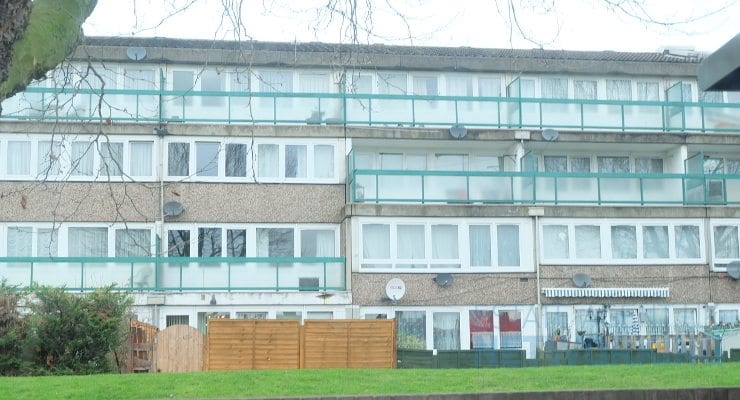Retaliation Eviction – Can the Councils Cope?
Press release from Landlord Action:
Today [Thursday 1st October], as part of The Deregulation Act 2015, a whole range of changes come into force which affect whether or not a landlord can serve a Section 21 notice on an assured shorthold tenancy (in England) as well as changes to the form itself. However, following lengthy consultation, leading tenant eviction firm, Landlord Action, has raised concerns that not enough has been done to inform landlords of the changes and questions whether the Government has enough resources in place to properly enforce measures against so-called ‘retaliation eviction’.
Just some of the key changes which come into effect for new tenancies entered into from 1st October, include the use of the new prescribed Section 21 notice which combines fixed term and periodic. A section 21 notice can no longer be served in the first four months of a tenancy and a section 21 notice will now have a 6 month life span.
Despite recognising that the changes are in response to the ever growing private rental sector and a need for best practice, Paul Shamplina, Founder of Landlord Action has expressed several concerns over the changes, commenting:
“There have been a lot of significant changes in a short amount of time and I would like to have seen the Government proportion a greater budget to educating landlords, particularly those that don’t use agents to manage their properties, to ensure they are up to speed with new legislation. We still receive calls to our advice line on a weekly basis from landlords who don’t know about the deposit scheme which came into effect 8 years ago.”
Less than twelve months ago, Paul Shamplina sat before The All Party Parliamentary Group for the Private Rented Sector at the Houses of Parliament arguing against a law on retaliation eviction. With just a small minority of rogue landlords guilty of such tactics, Shamplina maintained tenants could abuse the system and use it to remain in properties rent free for longer.
As part of the Deregulation Act 2015, tenants will now have the first four months of a tenancy to file a complaint to a landlord with regards to issues of disrepair. Shamplina adds “Good landlords will deal with complaints within the given 14 days, but my concern is the level of resource the local authorities have in place to action environmental health officers to carry out inspections when staffing levels have been cut to the bone. Landlords’ circumstances can change and if they need to end their tenancy, but can’t because they are waiting for an inspection or to gain access from the tenant, landlords are going to lose valuable time.”
If a property is considered in disrepair, landlords are unable to serve a section 21 notice for 6 months from the date an improvement notice is served by the council.
“I think this could lead to a huge spike in complaints from tenants. I am a bit fed up of all the frequent landlord bashing. It is about time there were more positive statements for landlords in the Private Rented Sector which now stands at approximately 19% of the housing market” concludes Paul.









